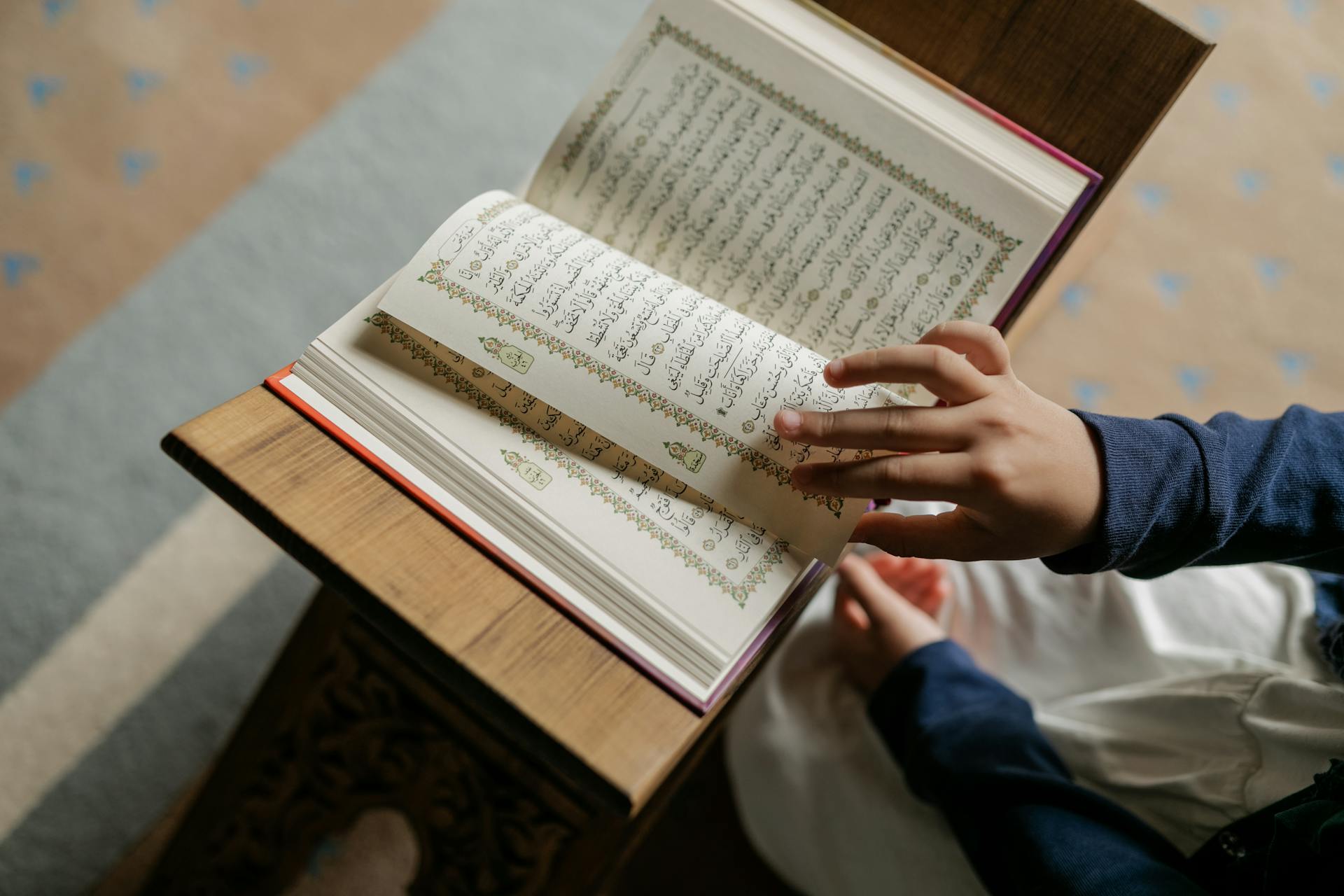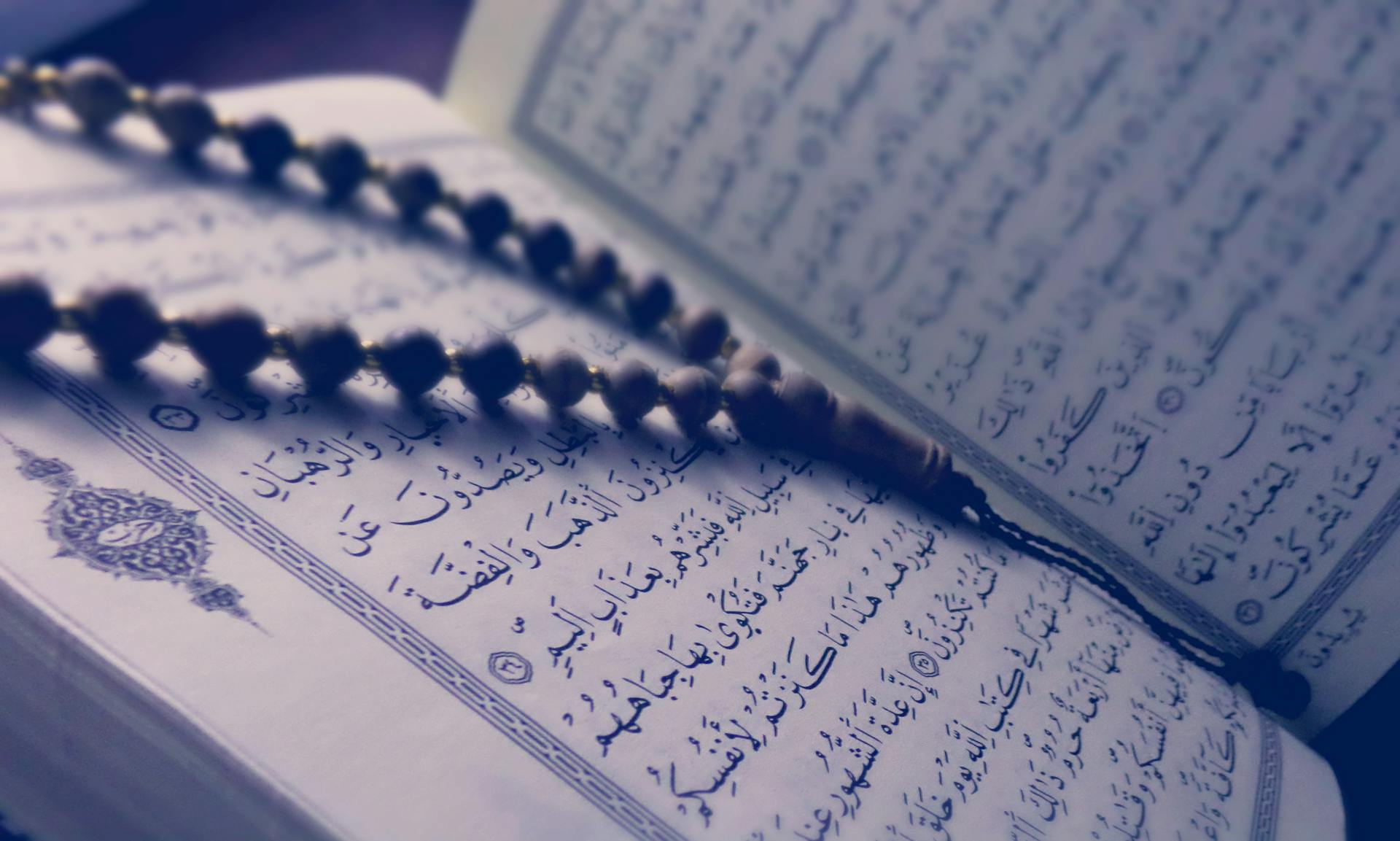At a moment filled with reverence and humility, a Muslim reaches the final verse of the Holy Qur’an.
With a heart stirred by reflection and a soul enriched by divine words, hands rise in the air to offer the Closing Supplication of the Qur’an.
This supplication is not a simple collection of words—it is the culmination of a spiritual journey, a profound dialogue between the servant and his Lord. It blends gratitude with surrender, hope with awe, and need with praise.
The Qur’an is not merely a book to be finished; it is a lifelong guide.
Thus, the moment of completing it is one of the most sacred and spiritually intense, as believers pour out their hearts in prayer.

Many traditions highlight the virtue of this moment. It is reported that Anas ibn Malik (may Allah be pleased with him) said:
“Whenever they completed the Qur’an, they would gather their family and supplicate together.”
Today, this practice continues—especially during the blessed month of Ramadan, when many strive to complete the Qur’an multiple times.
The closing supplication during Taraweeh or Qiyam prayers is often among the most emotional moments of the night, filled with comprehensive invocations for mercy, forgiveness, and divine guidance.
One of the well-known supplications includes:
“O Allah, make the Qur’an the spring of our hearts, the light of our chests, the remover of our sadness, and the reliever of our worries.”
Believers are encouraged to pour their personal needs into this moment, to ask sincerely and expect generously from the One who never turns away a caller.
Indeed, the Closing Supplication of the Qur’an is a moment of honor for the divine message, a renewal of one’s covenant with Allah, and a gateway to acceptance, mercy, and transformation.
It lingers in the hearts of those who experience it, long after the final verse has been recited.
Also Read: Miyan Yard Officially Opens in Makkah: A Contemporary Hub for Shopping, Leisure, and Community Life

















